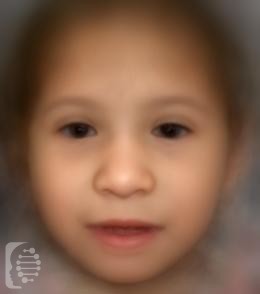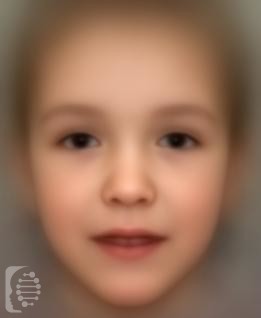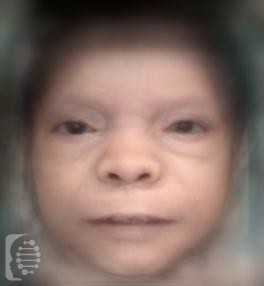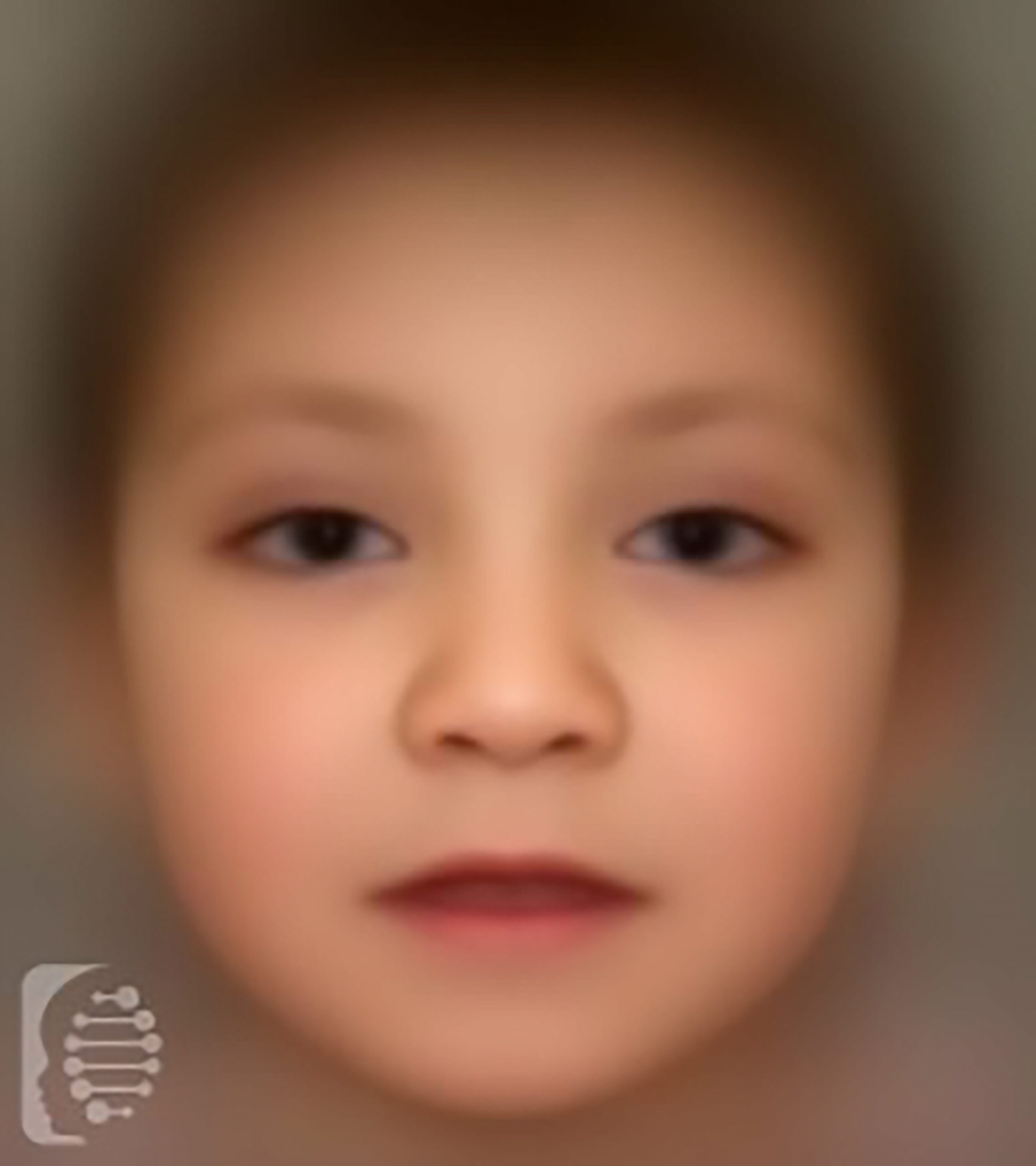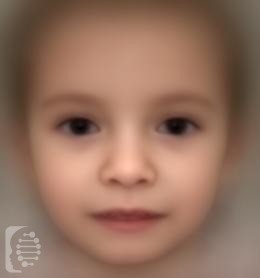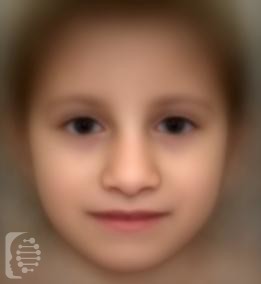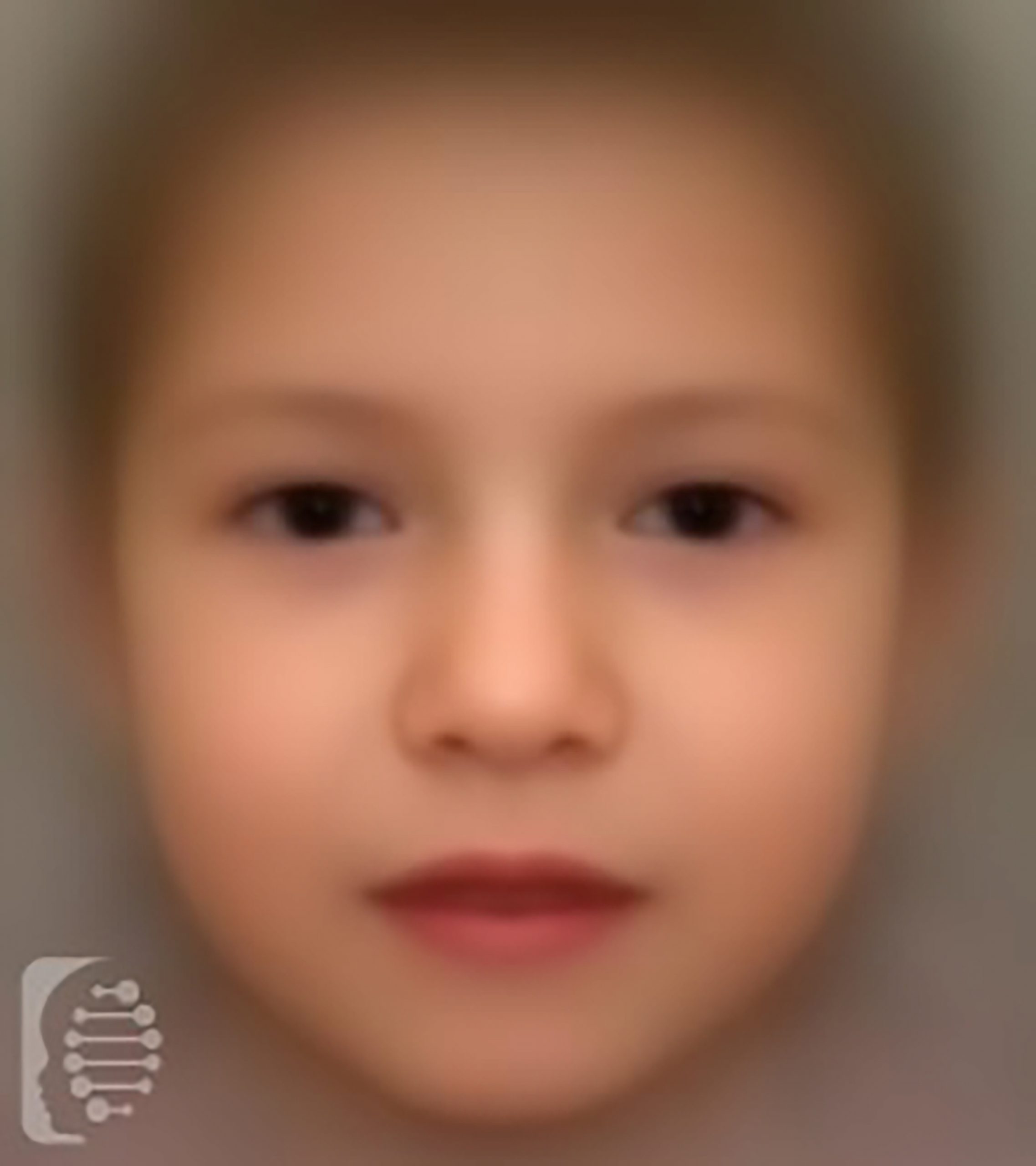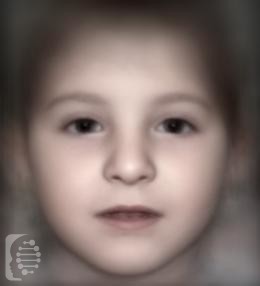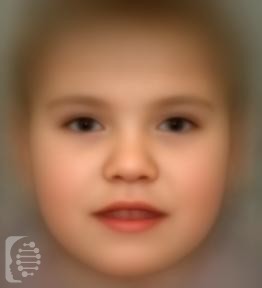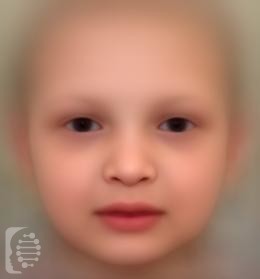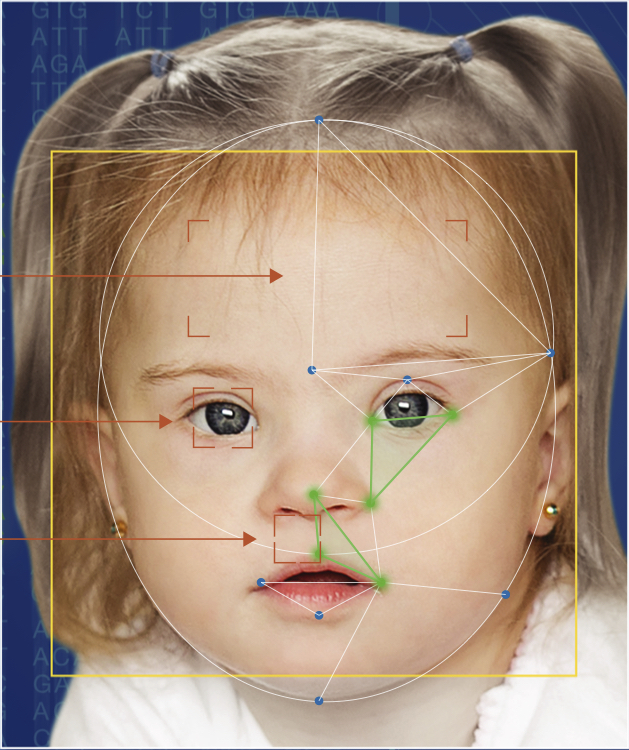Paula and Bobby
Parents of Lillie
Abnormal Aggressive, Impulsive or Violent Behavior
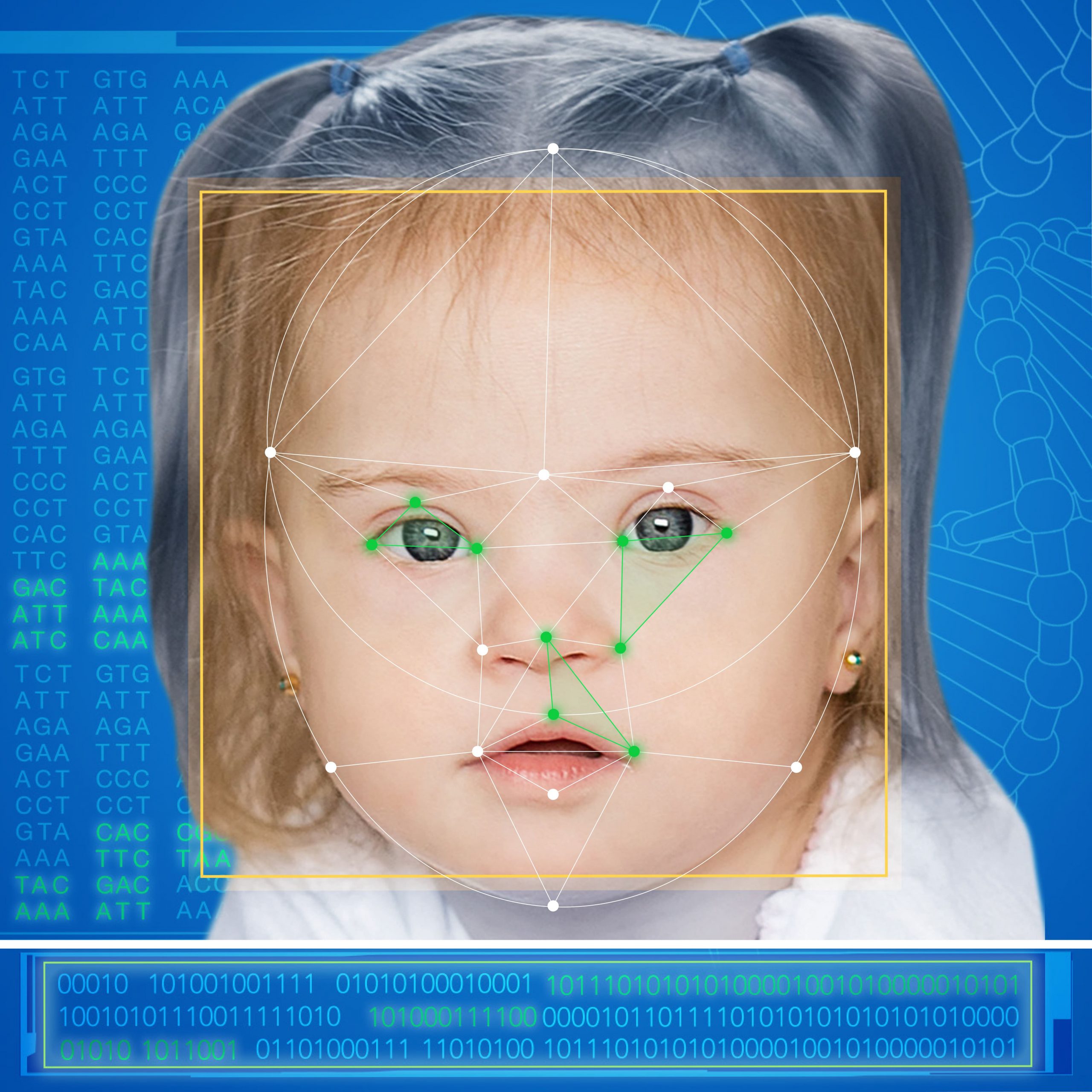
Understanding central nervous system abnormality symptoms and features
Symptoms may affect multiple parts of the body. Understanding which parts of the body are affected by the symptom can help us to better understand the potential underlying causes of a symptom, including a rare disease or genetic syndrome.
The nervous system is made up of a network of nerves and cells that carry messages to and from both the brain and the spinal cord. Within the nervous system are the central nervous system and the peripheral nervous system.
The brain and spinal cord make up the central nervous system.
Within the peripheral nervous system are the somatic and autonomic nervous systems. The somatic system controls responses to sensory stimuli, while the autonomic nervous system controls the inner workings of organs, including digestion, breathing and the heartbeat.
Sleep is one body function controlled by the autonomic nervous system, specifically the sympathetic nervous system.
What is abnormal aggressive, impulsive or violent behavior?
Abnormal aggressive, impulsive or violent behavior can include a variety of behaviors. These behaviors may be unusual for the person exhibiting them, or they may be unusual in general. Aggressive or violent behavior that results from a specific uncommon situation or from some extreme provocation would not be considered medically abnormal, which is not to say that violence is ever acceptable.
Certain genetic causes can sometimes contribute to extremely or unusually aggressive, impulsive or violent behavior. However, having this genetic profile will not always lead to this behavior. Other external factors such as a history of abuse or trauma as a child, or exposure to violence in their environment growing up, may predispose individuals to violent, aggressive, or impulsive behavior on an abnormal level. Alcohol and substance abuse will tend to raise the probability of violent, aggressive, and impulsive behavior, with or without any genetic factors taken into account.
Some of the subtypes of abnormal aggressive, impulsive or violent behavior include self-injury or self-harming behaviors (also known as auto-aggression), verbal aggression, physical aggression or violence towards objects or people, as well as other types of impulsive behavior.
What should I do next?
In some instances, aggressive, impulsive and violent behavior may be one of the features of a rare disease or genetic syndrome. In this case fast, targeted genetic analysis can give you a more accurate diagnosis.
Synonyms:
Abnormal aggressive, impulsive or violent behavior, aggressive/violent behavior, abnormal impulsive behavior, abnormal aggressive behavior, abnormal violent behavior, self-injurious behavior, self-injury, aggressive behavior, violent behavior
HPO:
0006919
Optional syndromes:
Clarify any concerns you may have and get tested online today!
Schedule Your Online Meeting Now
Synonyms:
Abnormal aggressive, impulsive or violent behavior, aggressive/violent behavior, abnormal impulsive behavior, abnormal aggressive behavior, abnormal violent behavior, self-injurious behavior, self-injury, aggressive behavior, violent behavior
HPO:
-
0006919
Optional syndromes:
FDNA™ Health can help you with the diagnostic journey.
Learn about child developmental delays: Causes, Symptoms, and Therapies.
Don't wait years for a diagnosis. Act now and save valuable time.
Explore the most detected symptoms in our system (numbers are global and based on the data from 120 countries):
What is FDNA Health?
With the largest global database and a leading decision-support tool using AI, FDNA™ Health enables patients and their families to better understand symptoms and conditions with the goal of shortening the time to diagnosis.
Benefits of FDNA Health
Save valuable time by
learning about possible conditions
and report to your clinician
Advanced AI technology
and leading worldwide clinicians
shortening time to diagnosis
Looking for answers?
Worried about child development?
We are here to help you!









